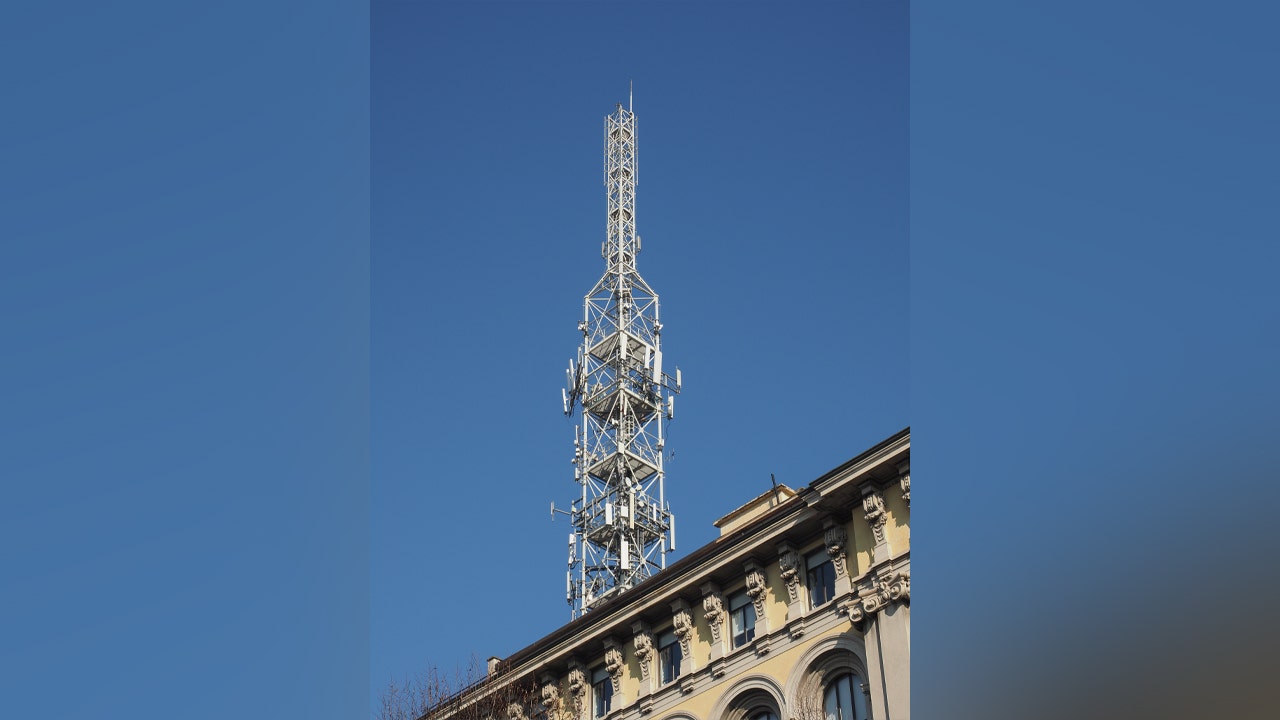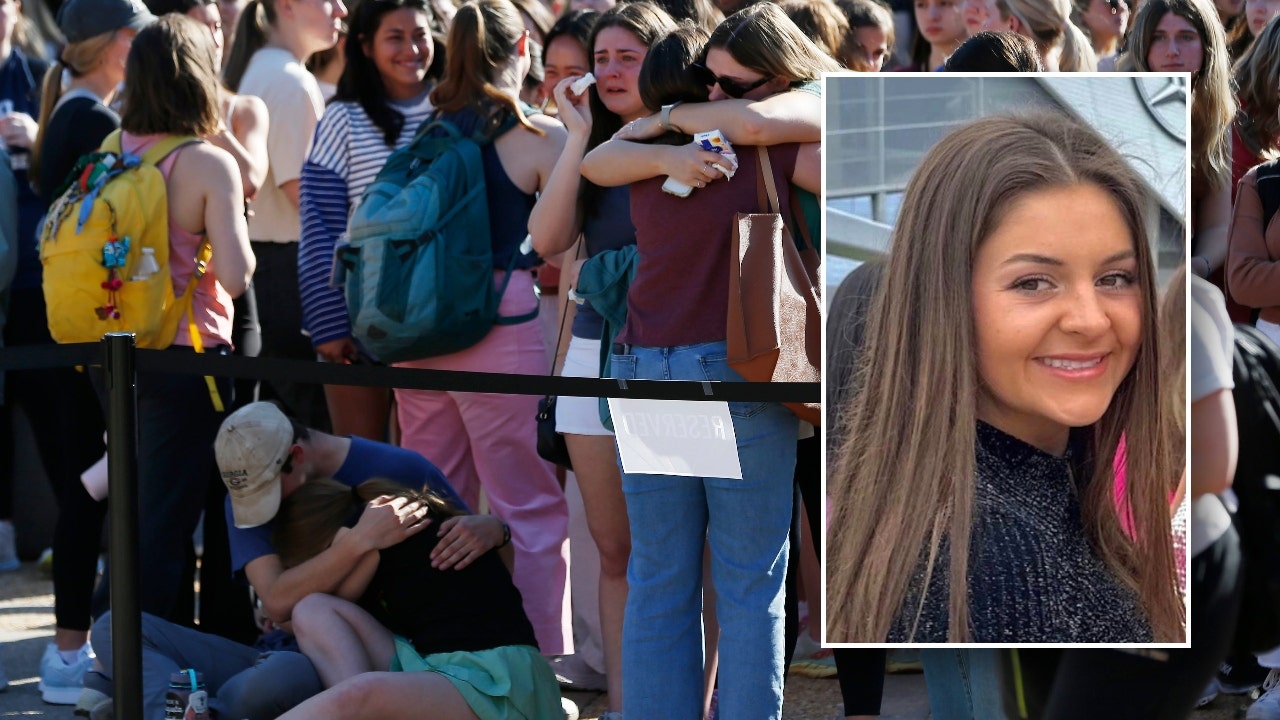The federal judge overseeing former President Donald J. Trump’s classified documents case abruptly changed the proceeding’s schedule on Wednesday, reshuffling the timing for hearings on an array of important legal issues.
The move by the judge, Aileen M. Cannon, was unlikely to have much impact on the overall trajectory of the case, but it reflected the substantial number of unresolved legal motions she is juggling. Last month, Judge Cannon scrapped the case’s trial date, saying she could not yet pick a new one because of what she described at the time as “the myriad and interconnected” questions she had still not managed to consider.
Judge Cannon kept in place a hearing she had set for June 21 to discuss a motion by Mr. Trump’s lawyers to dismiss the indictment on the grounds that Jack Smith, the special counsel named to oversee the prosecutions of Mr. Trump, was illegally appointed to his job.
Similar motions have been rejected in cases involving other special counsels, including Robert S. Mueller III, who investigated connections between Russia and Mr. Trump’s 2016 campaign, and David C. Weiss, who has brought two criminal cases against Hunter Biden, President Biden’s son.
The most important change Judge Cannon made to the schedule in a brief order was arguably the cancellation of a three-day hearing that had been set to take place starting June 24 in Federal District Court in Fort Pierce, Fla.
The hearing was originally meant to consider whether Mr. Trump’s lawyers should be permitted access to communications between prosecutors working for Mr. Smith and officials at the National Archives and several national security agencies.
The lawyers want those communications to bolster their claims that Mr. Smith worked hand in glove with the Biden administration and members of the so-called deep state to bring the documents case against Mr. Trump.
Prosecutors had objected to holding the proceeding at all, telling Judge Cannon in March that no similar hearings had ever been held in the Southern District of Florida, where she sits. In her order on Wednesday, she said she would place the hearing back on her calendar at some point in the future.
Instead of that hearing, Judge Cannon said there would now be a shorter one, on June 24 and 25, to consider different topics, including any lingering discussion about Mr. Smith’s appointment.
Judge Cannon also told the defense and the prosecution to be ready to debate Mr. Trump’s motion to exclude from the case any evidence — including more than 100 classified documents — that the F.B.I. discovered in August 2022 when agents searched Mar-a-Lago, Mr. Trump’s private club and residence in Florida.
The two sides will argue as well over Mr. Trump’s attempt to suppress the private audio notes that prosecutors obtained from one of his lawyers through a process that pierced the normal protections of attorney-client privilege. The notes by the lawyer, M. Evan Corcoran, were central to the government’s allegations that Mr. Trump had obstructed the government’s repeated efforts to reclaim the classified materials he took to Mar-a-Lago.
Finally, the parties are expected to discuss Mr. Smith’s request to Judge Cannon to alter Mr. Trump’s conditions of release by barring him from making public statements that could endanger F.B.I. agents working on the case.
That request was prompted by false statements Mr. Trump made last month, twisting the meaning of a standard use-of-force policy employed during the search of Mar-a-Lago. In social media posts and fund-raising emails, Mr. Trump grossly mischaracterized the policy by suggesting that the bureau had authorized agents to kill him during the search.






